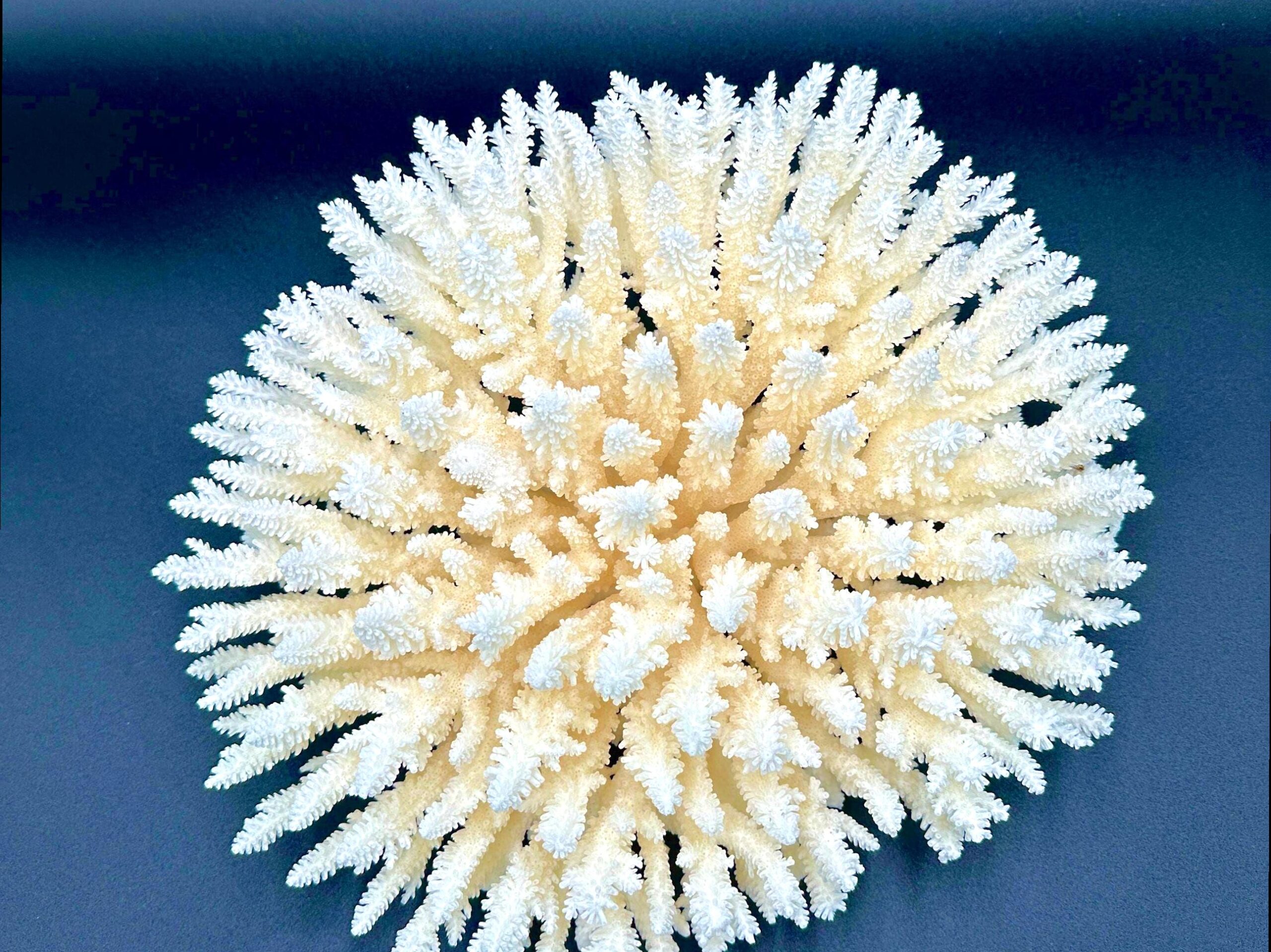
Exploring rare coral species with marine experts is a fascinating journey that reveals the complex beauty of underwater ecosystems. This experience not only enhances our understanding of coral diversity but also highlights the critical role these species play in maintaining ecological balance. By teaming up with knowledgeable marine biologists and coral specialists, enthusiasts can gain insights into the delicate nature of these organisms and their habitats. This article delves into the unique aspects of rare coral species, the significance of expert guidance, and how we can work collectively to protect them.
Understanding Coral Diversity
Corals are not just beautiful formations found in oceans; they are living organisms that belong to the phylum Cnidaria. Coral diversity is incredibly vast, with approximately 6,000 species recognized globally. Within this diversity, rare coral species such as the black coral (Antipatharia) and blue coral (Heliopora coerulea) stand out due to their unique characteristics and habitats. These corals are often found in locations that are more challenging to access, making them less studied than their more common relatives. Research shows that these rare species contribute significantly to marine ecosystems by providing habitats for numerous marine organisms and protecting coastlines from erosion. Understanding the intricacies of these corals is crucial for the conservation of marine biodiversity.

The Role of Marine Experts
Marine experts play a vital role in coral research and conservation efforts. Their expertise enables them to survey underwater ecosystems, identify rare coral species, and assess their health. Using advanced technologies such as underwater drones, genetic sampling, and sonar mapping, scientists can collect valuable data about coral populations and the environmental threats they face. Furthermore, these specialists are pivotal in educating the public about the importance of corals, drawing attention to how human activities, such as climate change and pollution, impact these vital organisms. Collaborating with marine experts offers enthusiasts an unparalleled opportunity to learn about the ongoing efforts to protect rare corals and contribute to meaningful conservation initiatives.
Exploring Rare Coral Species
Rare coral species possess distinct features that differentiate them from more common varieties. Some notable rare species include:

- Black Coral (Antipatharia): Known for its tree-like structures, black coral can live for over 4,000 years and plays a crucial role in reef ecosystems.
- Blue Coral (Heliopora coerulea): This species thrives in shallow, tropical waters and is recognized for its striking blue coloration and unique skeletal structure.
- Sea Fan Coral (Gorgonia): With a fan-like appearance, these corals are essential for providing habitats for small marine creatures and are sensitive to water conditions.
- Staghorn Coral (Acropora cervicornis): Although not entirely rare, this species is critically endangered, and understanding its life cycle is fundamental for its recovery.
- Bubble Coral (Plerogyra): This fascinating coral features large, bubble-like polyps which are vulnerable to environmental changes.
Each of these corals has unique adaptations that enable them to thrive in specific marine environments. By studying these species, researchers can better understand coral resilience and the importance of biodiversity in ocean ecosystems. The effort to catalog and assess rare coral species is paramount as it informs conservation strategies aimed at safeguarding these essential life forms.
Importance of Conservation Efforts

Conservation of rare coral species is essential not only for the ecosystems they support but also for human interests. Coral reefs act as natural barriers, protecting coastlines from erosion and storm surges. They also provide significant economic value through tourism and fisheries. Unfortunately, overfishing, pollution, and climate change pose serious threats to these fragile ecosystems. Efforts such as habitat restoration, marine protected areas (MPAs), and community awareness campaigns are vital for coral conservation. Involving local communities in conservation planning encourages sustainable practices that benefit both the environment and local economies. By learning from marine experts, individuals and communities can contribute to initiatives aimed at preserving the unique biodiversity of coral reefs.
Conclusion
Discovering rare coral species alongside marine experts is not just an educational experience; it is an invitation to take part in the larger conversation about ocean conservation. These coral species are invaluable to marine ecosystems and human economies, providing critical habitat and protecting coastlines. By advocating for conservation and empowering communities through education, we can collectively ensure the survival of these unique and vital organisms for generations to come. Working with marine experts enhances our knowledge and empowers us to become stewards of the ocean, emphasizing the importance of protecting the rich biodiversity that exists within coral reefs.
Frequently Asked Questions
1. How can I learn more about rare coral species?
You can learn more about rare coral species by attending workshops, participating in guided marine tours with experts, and engaging with documentaries and research articles focused on marine biology.
2. Why are marine experts important for coral conservation?
Marine experts possess specialized knowledge and skills necessary for studying coral ecosystems, assessing threats, and implementing effective conservation strategies.
3. What are some threats to rare coral species?
Threats to rare coral species include climate change, ocean acidification, pollution, overfishing, and habitat destruction. These factors can severely impact coral health and diversity.
4. How can individuals help in coral conservation efforts?
Individuals can participate in local conservation programs, advocate for sustainable fishing practices, reduce plastic use, and support organizations dedicated to marine conservation.



